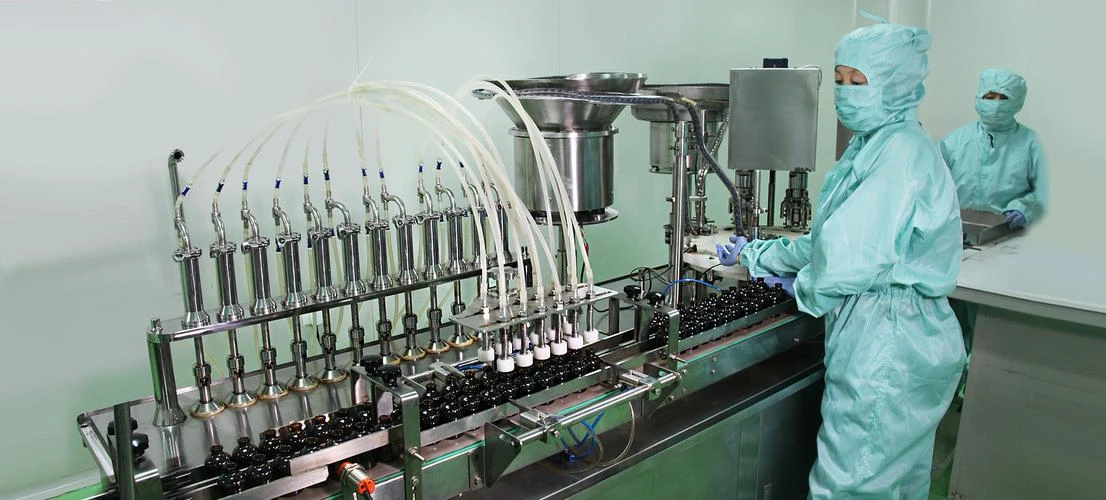- Afrikaans
- Albanian
- Amharic
- Arabic
- Armenian
- Azerbaijani
- Basque
- Belarusian
- Bengali
- Bosnian
- Bulgarian
- Catalan
- Cebuano
- Corsican
- Croatian
- Czech
- Danish
- Dutch
- English
- Esperanto
- Estonian
- Finnish
- French
- Frisian
- Galician
- Georgian
- German
- Greek
- Gujarati
- Haitian Creole
- hausa
- hawaiian
- Hebrew
- Hindi
- Miao
- Hungarian
- Icelandic
- igbo
- Indonesian
- irish
- Italian
- Japanese
- Javanese
- Kannada
- kazakh
- Khmer
- Rwandese
- Korean
- Kurdish
- Kyrgyz
- Lao
- Latin
- Latvian
- Lithuanian
- Luxembourgish
- Macedonian
- Malgashi
- Malay
- Malayalam
- Maltese
- Maori
- Marathi
- Mongolian
- Myanmar
- Nepali
- Norwegian
- Norwegian
- Occitan
- Pashto
- Persian
- Polish
- Portuguese
- Punjabi
- Romanian
- Russian
- Samoan
- Scottish Gaelic
- Serbian
- Sesotho
- Shona
- Sindhi
- Sinhala
- Slovak
- Slovenian
- Somali
- Spanish
- Sundanese
- Swahili
- Swedish
- Tagalog
- Tajik
- Tamil
- Tatar
- Telugu
- Thai
- Turkish
- Turkmen
- Ukrainian
- Urdu
- Uighur
- Uzbek
- Vietnamese
- Welsh
- Bantu
- Yiddish
- Yoruba
- Zulu
Νοέ . 23, 2024 04:37 Back to list
colistin sulphate powder for poultry
Colistin Sulphate Powder for Poultry An Essential Tool in Veterinary Medicine
Colistin sulphate powder has emerged as a significant product in poultry medicine, particularly in the realm of animal health and productivity. As a polymyxin antibiotic, colistin plays a crucial role in controlling bacterial infections in livestock, especially in poultry farming, where health management is paramount for both economic and ethical reasons.
Understanding Colistin Sulphate
Colistin, also known as polymyxin E, is an antibiotic that was originally derived from the bacterium *Bacillus polymyxa*. It is primarily effective against Gram-negative bacteria, which often pose a threat to the health of poultry. The sulphate form is typically used in veterinary applications, where it is administered as a powder mixed with feed or water. Colistin’s mechanism of action involves binding to the bacterial cell membrane, leading to cell death, thereby helping to combat infections such as *Escherichia coli* and *Salmonella*.
Importance in Poultry Farming
The poultry industry is one of the most important sectors of agriculture, supplying a significant portion of the world's animal protein. However, with intensive farming practices, the risk of diseases in poultry flocks can increase dramatically. Diseases not only threaten the well-being of the birds but can also lead to substantial economic losses for farmers due to increased mortality rates, decreased productivity, and added veterinary costs.
Colistin sulphate is particularly valued for its effectiveness in treating colibacillosis, a bacterial infection caused by *E. coli*. This disease can lead to severe intestinal diseases, resulting in poor growth performance and increased mortality rates. By incorporating colistin sulphate powder into feed regimens, farmers can help ensure that poultry remain healthy and productive, thus helping to maintain a steady supply of poultry meat and eggs to the market.
Regulatory Considerations
colistin sulphate powder for poultry

Despite its benefits, the use of colistin sulphate in poultry is subject to stringent regulations in many countries due to concerns over antibiotic resistance. The increasing prevalence of multi-drug resistant bacteria has prompted regulatory bodies to monitor and restrict the use of certain antibiotics in livestock. Consequently, poultry farmers need to be aware of local regulations regarding antibiotic use, focusing on maintaining responsible practices to mitigate the risk of resistance development.
In recent years, some countries have taken steps to limit the preventive use of antibiotics, advocating instead for better management practices, biosecurity measures, and the development of vaccines, which can reduce the reliance on antibiotic treatments in poultry.
Alternatives and Future Directions
As concerns over antibiotic resistance grow, the poultry industry is increasingly looking for alternatives to conventional antibiotics like colistin sulphate. These alternatives include probiotics, prebiotics, essential oils, and other natural feed additives that can enhance gut health and boost the immune system of poultry. Furthermore, vaccination strategies are being explored to prevent diseases that often necessitate antibiotic treatments.
Research into these alternatives is ongoing, as the industry aims to strike a balance between maintaining poultry health and minimizing the risks associated with antibiotic use. The future of poultry farming will likely depend on innovative approaches that enhance biosecurity and health management while ensuring sustainability.
Conclusion
Colistin sulphate powder remains a vital component of poultry health management, particularly in combating bacterial infections that threaten bird welfare and farm productivity. However, its use must be approached with caution, taking into account the regulatory landscape and the global push towards responsible antibiotic usage. By integrating best practices in poultry management and exploring alternative strategies, the industry can continue to improve animal health outcomes while addressing the critical issue of antibiotic resistance. As the poultry industry evolves, so too must the approaches to ensure that it can sustainably meet the growing global demand for protein.
-
Guide to Oxytetracycline Injection
NewsMar.27,2025
-
Guide to Colistin Sulphate
NewsMar.27,2025
-
Gentamicin Sulfate: Uses, Price, And Key Information
NewsMar.27,2025
-
Enrofloxacin Injection: Uses, Price, And Supplier Information
NewsMar.27,2025
-
Dexamethasone Sodium Phosphate Injection: Uses, Price, And Key Information
NewsMar.27,2025
-
Albendazole Tablet: Uses, Dosage, Cost, And Key Information
NewsMar.27,2025













